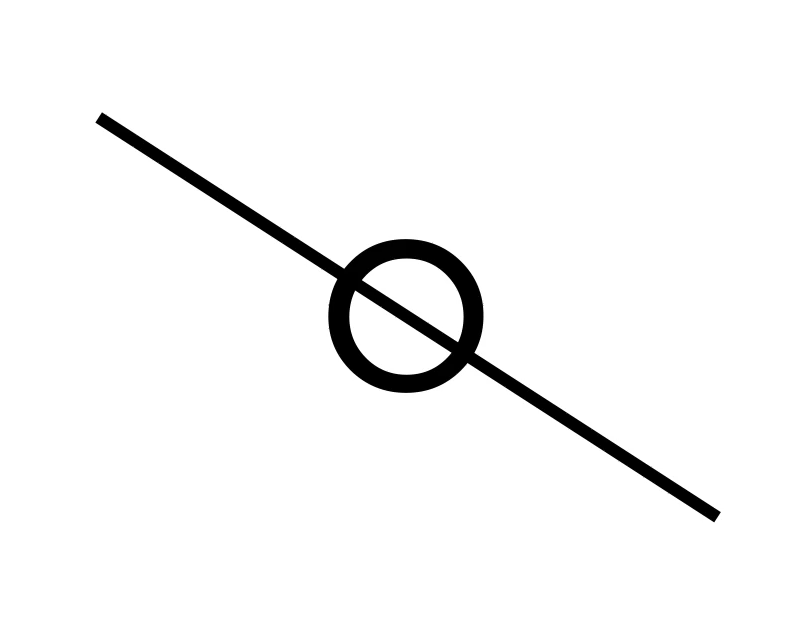From Kyiv to Kilmarnock; football and refugees
Words: Vinny Ferguson
Earlier this year the threat of Russian invasion became a reality for the people of Ukraine.
Life as they knew it became a terrifying experience that the vast majority of us will fortunately never have to suffer. Families were split as people stayed behind to fight while others sought security and safety in the form of becoming refugees.
As I watched the daily news coverage telling the stories of those who had fled and those who had stayed in their homeland, I was struck by how ‘ordinary’ their lives had been shortly before the formal invasion. Recreational and leisure activities that we take for granted had simply disappeared from their lives. Survival was the only focus.
I found this concept particularly difficult to fathom. My daughter adores sport and dancing, my youngest son thrives at his piano lessons and my eldest has one sole focus – football.
Since the invasion, over 9,000 Ukrainian refugees have found themselves in Scotland and I wanted to find out about some of the work that had been done in order to welcome them here – not just in terms of finding homes and hospitality – but also in terms of offering them some form of routine.
I wondered, is football considered a luxury, or is it an important cog in the wheel of normality for these families and kids?
Living in Scotland, I had heard that Kilmarnock, the local football club, had been active in welcoming refugees so I reached out to Jordan Allsion, the current Head of Charity at Kilmarnock Football Club in Ayrshire, Scotland.
“Before I joined the club, Kilmarnock had a charity, but there wasn’t much there in terms of a vision for it. The charity relied solely on volunteers so I was delighted to be asked to manage it. We’ve worked hard over the last few months to ensure that everything has more structure and focus.
We previously worked closely with the resettlement team in North Ayrshire who work with families who are refugees and asylum seekers. We were able to help out kids from Syria, Afghanistan, Yemen, Iran who found themselves living in Ayrshire having fled their own countries.
During the summer we invited some of the newly relocated families from Ukraine to Rugby Park. We were blown away by how many of them turned up. Some of those families had only been in Scotland for a week – they’d gone from being in their own homes in Ukraine to being placed in Ayrshire and visiting a football stadium. They realised there was a whole community supporting them. One of the mums kept commenting on how happy she was and that took me aback. Just a simple gesture like inviting them to Rugby Park really meant something to them. It really brings you back down to earth speaking to these people and you realise how much we take for granted.
The kids played football at home, and then they came here and everything stopped due to the complicated legal procedures that families are forced to go through. A ‘luxury’ like football just isn’t a priority, but we’ve been able to invite these kids along to free football sessions – their families can come and relax, even just get a cup of tea.
We wanted to speak to the kids but you think, ‘What do I say to these people?’ Their lives have been totally turned around. Then you realise that they are so happy to have your support and you can see how much it all means to them. One of the things I didn’t expect was the development in their language – ‘ma baw’ and ‘heids’ being some of the most popular phrases that have been picked up. It’s very humbling and was an incredible experience.
There’s a stereotype, an ignorance… It’s xenophobia – let’s call it what it is – regarding the publicity of housing the refugee community. Local authorities are wary of tweeting about the figures or the success stories because they know there will be a backlash from a minority. I think there’s confusion about what a refugee is and what an economic migrant is. These people aren’t coming to take your jobs, they’re coming because they're fleeing for their lives. They need our support. If we can provide that through the medium of football then that’s great. If one input from us affects one person then it’s all been worth it. Hopefully we’ll have a few new Kilmarnock fans once they’ve been to a game.”
The project overseen by Jordan and his team is just one example of how the footballing community has tried to have a positive impact on the lives of Ukrainian refugees during this very difficult period in their lives.
Robert Burns, the Scottish poet, was born just a few miles away from Rugby Park. He once wrote about “man’s inhumanity to man” – words that are as relevant in today’s world as they were in the late 1800’s. Fortunately, fellow Ayrshiremen like Jordan are doing their bit to reverse that narrative.
Image courtesy of Jordan Allison, Head of Charity, Kilmarnock Football Club


